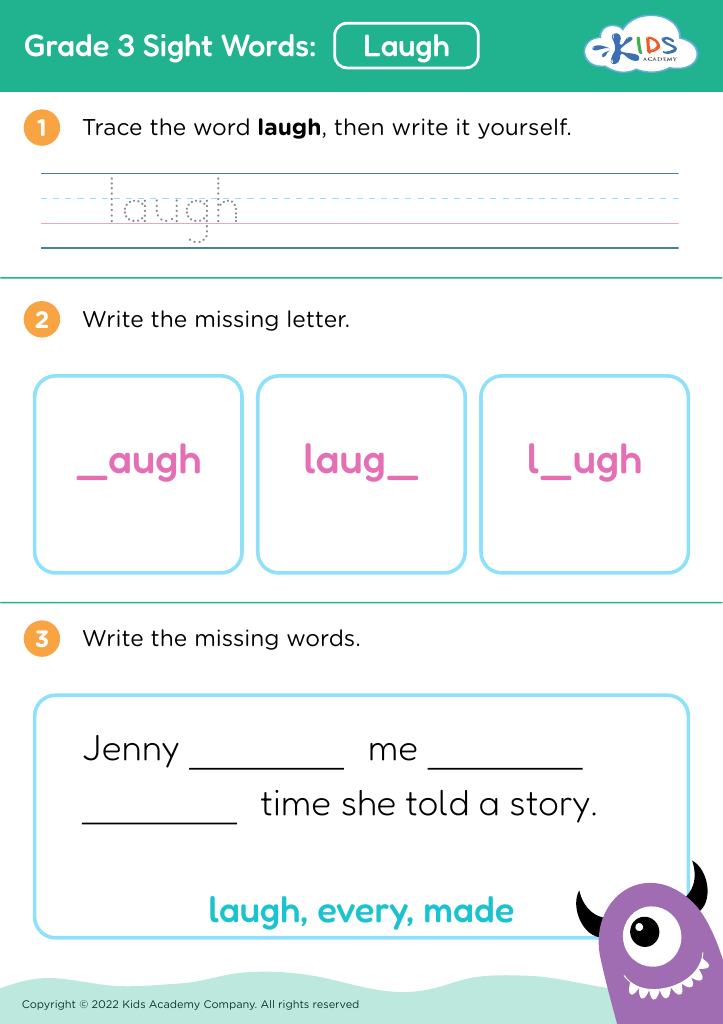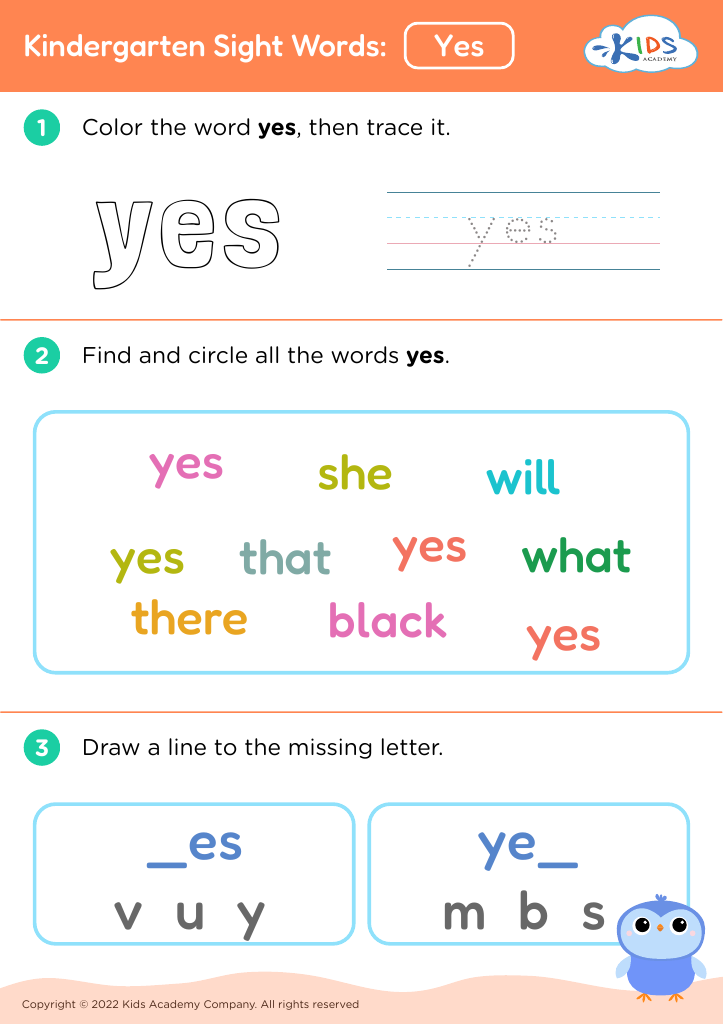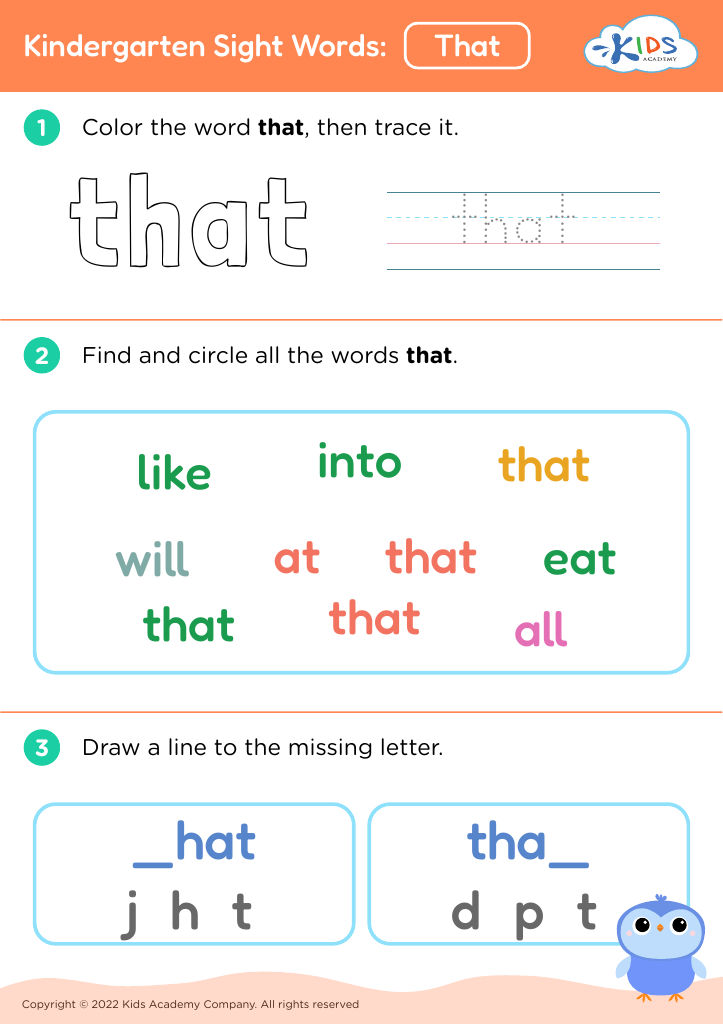Practice subtraction Building Vocabulary Worksheets
4 filtered results
-
From - To
Enhance your child's math and language skills with our "Practice Subtraction Building Vocabulary Worksheets." Designed for young learners, these engaging worksheets combine the fundamentals of subtraction with vocabulary development activities. Each sheet provides fun, interactive exercises that help strengthen your child's arithmetic abilities while introducing and reinforcing key vocabulary words. Ideal for early grade students, our worksheets are perfect for both classroom and home use, allowing kids to learn at their own pace. Give your child the tools they need to excel in both math and language with our expertly crafted worksheets. Download and start practicing today!
Parents and teachers should care about practice subtraction and building vocabulary because these foundational skills are crucial for academic and life-long success. Subtraction is a core mathematical operation that forms the basis for more complex math concepts, such as multiplication, division, and algebra. Regular practice aids children in developing number sense and enhances their problem-solving abilities, making overall math comprehension smoother and more intuitive.
Simultaneously, building vocabulary is essential for effective communication and literacy development. A robust vocabulary enables children to better understand reading materials, express ideas clearly, and excel in writing and speaking tasks. Vocabulary development also supports cognitive growth, helping children make connections between new information and their existing knowledge base.
Integrating subtraction practice and vocabulary building into daily learning can yield multiple benefits. This combined approach encourages a holistic educational experience, whereby children not only learn arithmetic skills but also enhance their language proficiency. For example, discussing word problems that involve subtraction can simultaneously improve numerical skills and embed new words and phrases.
Ultimately, care and attention to both subtraction practice and vocabulary growth ensure that children develop a solid academic foundation. This foundation promotes confidence in learning and prepares them for future academic challenges, paving the way for lifelong curiosity and achievement.




















